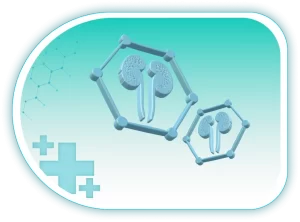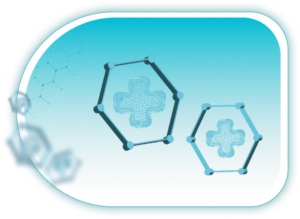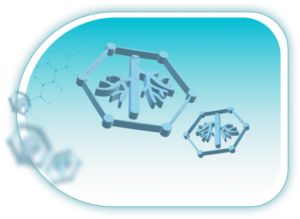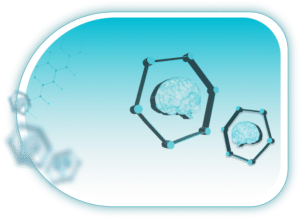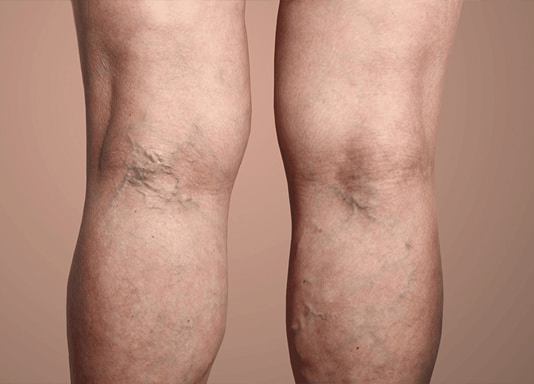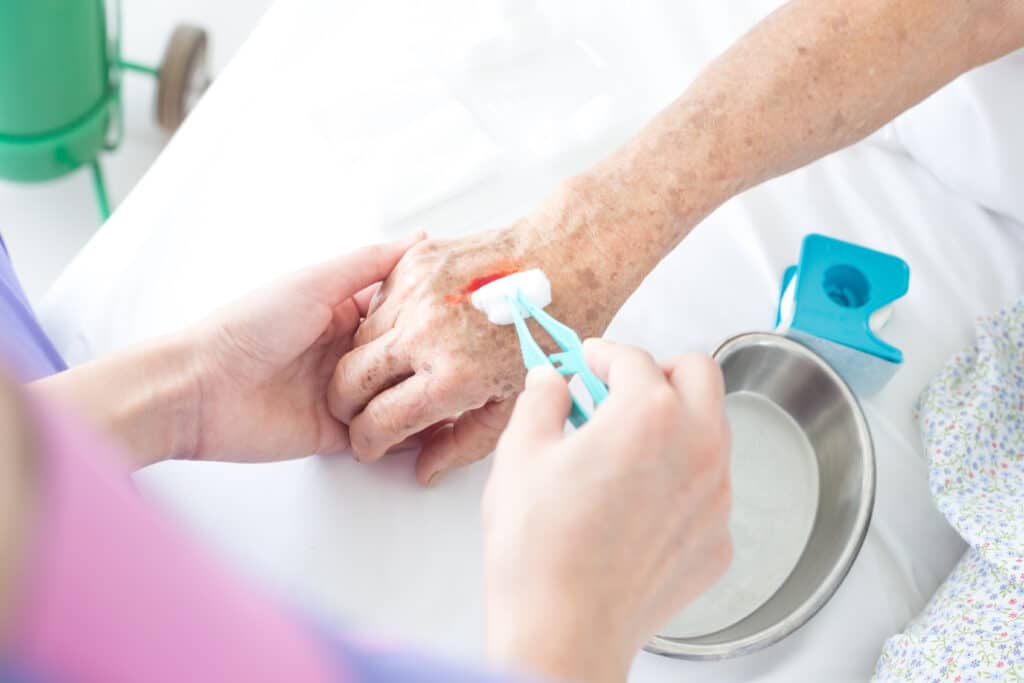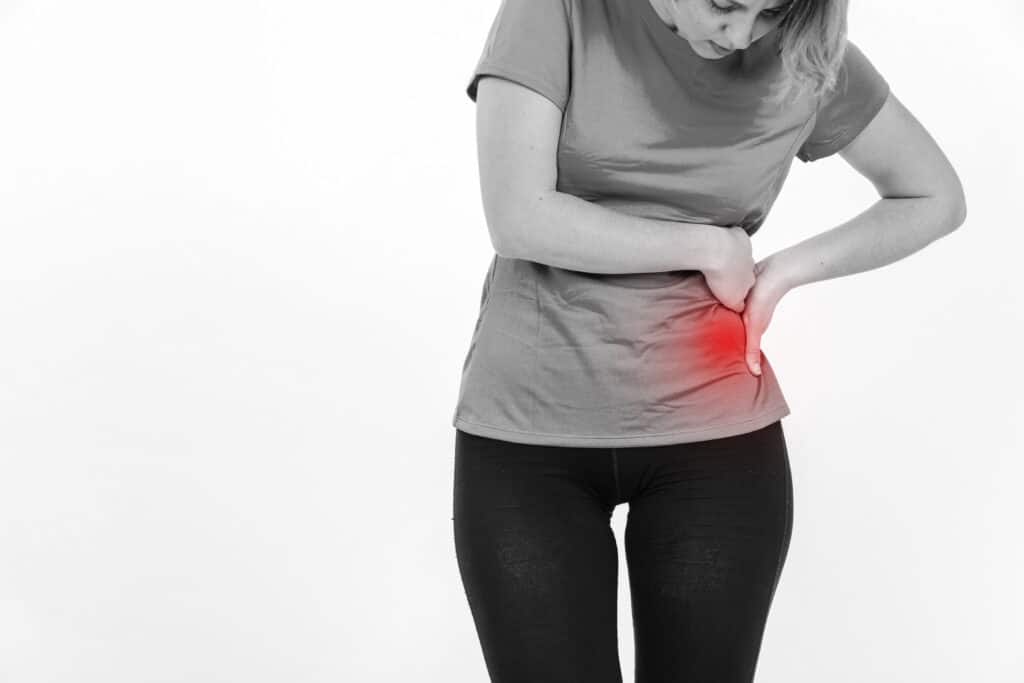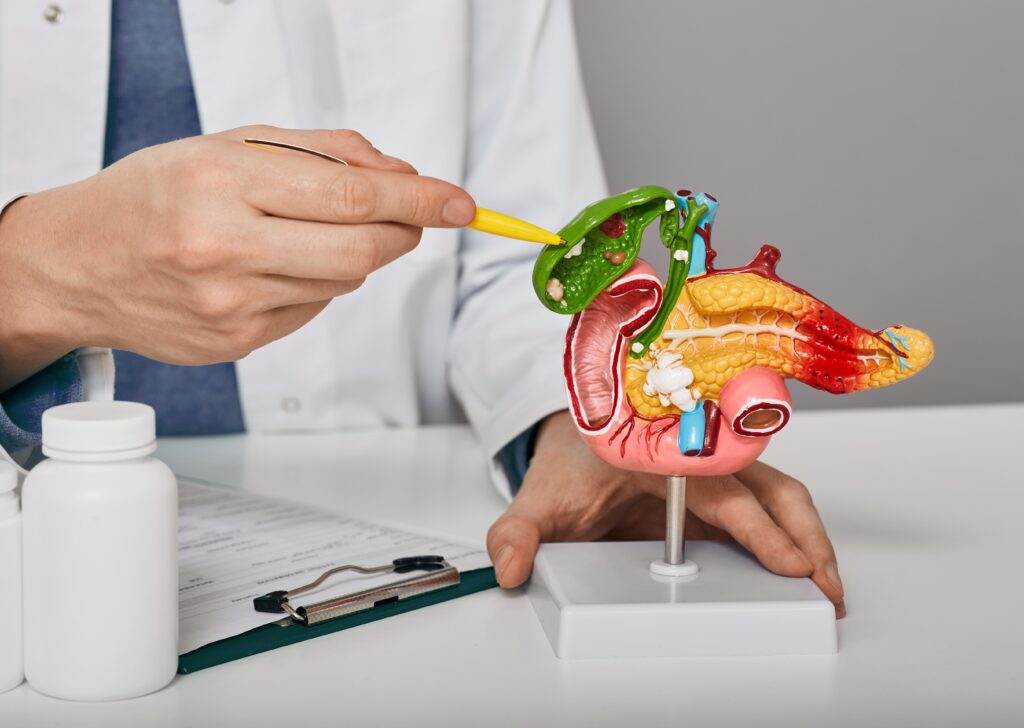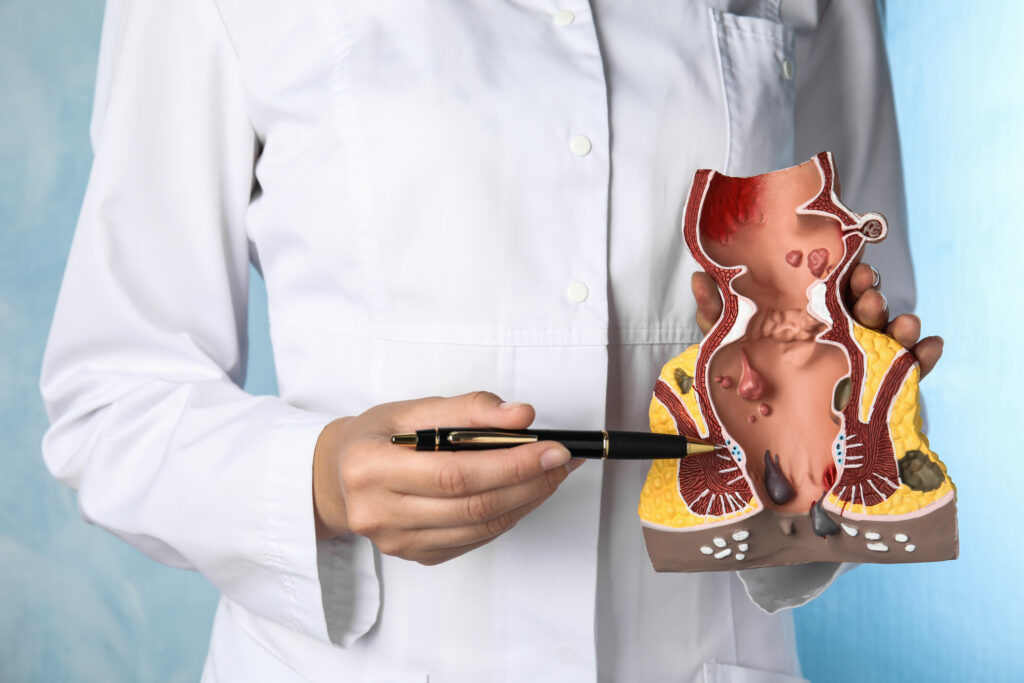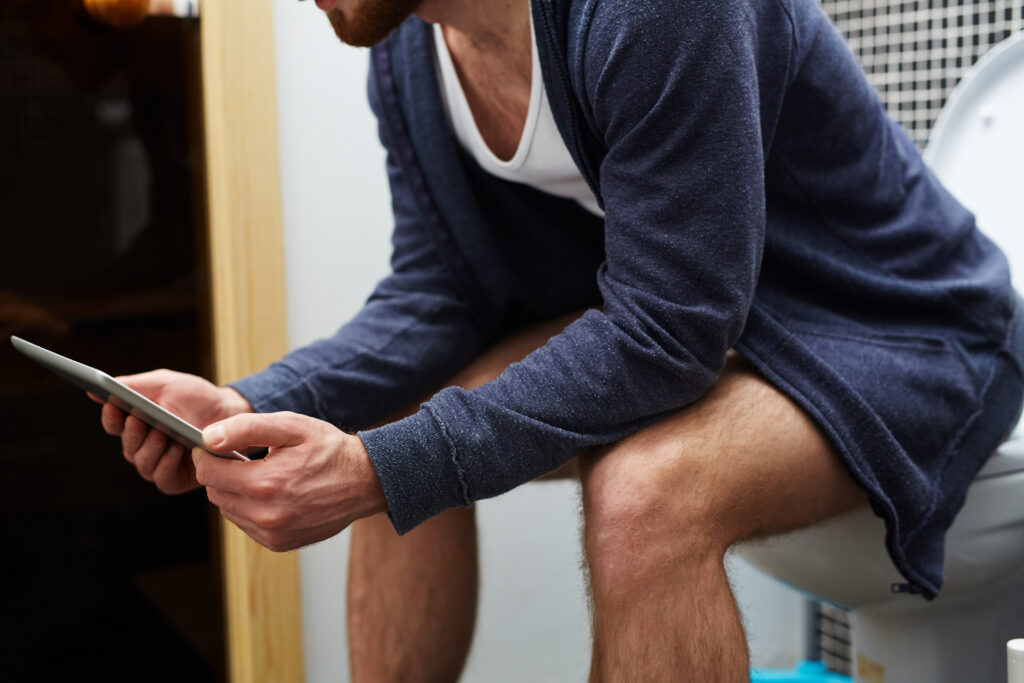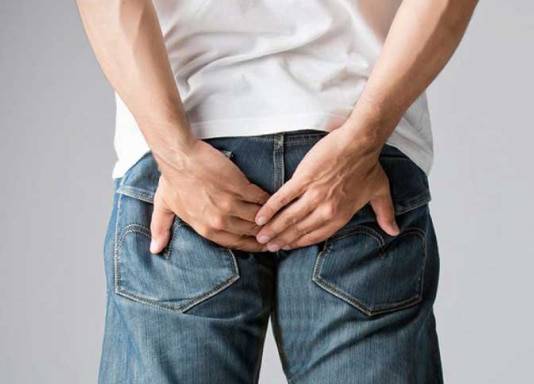Varicose veins are a common problem that can affect anyone. These are a tangle of blood vessels that appear as bulging blue or purple, twisted, enlarged or rope-like veins often look like cords and can appear anywhere on your legs or other areas of the body. Varicose veins often develop when valves in the blood vessels do not close properly, allowing blood to pool and create an obstruction. If you have varicose veins, you may feel achy and tired, especially in your lower extremities. You might experience itching, burning or numbness in the thigh area, especially after sitting for a long time.
Sometimes the pain is strong enough to limit the activities you can do. Varicose veins can also be uncomfortable but usually not serious unless they are worse. Many people have varicose veins for years with no problems at all. But if yours bother you, many treatment options can improve the look and feel.
What symptoms do varicose veins cause?
- Aching and throbbing pain in your legs, especially if you are standing for a long time or walking.
- Tingling, numbness or burning sensations in your feet can be mistaken for a pins-and-needles feeling.
- Itching or irritation of the skin around varicose veins.
- Swelling of the skin on your legs, especially around varicose veins.
- A feeling of heaviness in your legs when you stand up or sit for long periods.
- Leg cramps.
- Heavy and aching legs, especially at night.
- Swelling of your ankles can make it difficult to fit into shoes.
- Swelling of your ankles or calves, often worse after standing for a long time.
- Red and puffy skin around varicose veins.
Treatment for varicose veins is not always necessary. If the veins are small and there are no complications, you may be able to manage your symptoms by wearing compression stockings. If you are experiencing severe pain or itching in your lower legs or varicose veins that do not get better with conservative treatment (wearing compression stockings), then you should see our best general surgeon. There are several different types of treatments available depending on the severity of your varicose veins.
Varicose Veins are a common disorder for women, but men are not immune. They can be present at birth, or develop later in life. Varicose veins are often a cosmetic problem but may also cause fatigue, pain and swelling in the legs. Varicose veins are a common condition affecting more than half of men and women by their 50s. Varicose veins often occur when the valves inside the veins don’t work well, and blood can pool. This causes the vein wall to swell and stretch, weakening it so it may eventually bulge outward under your skin and become visible as varicose veins. Varicose veins usually don’t cause any symptoms but can lead to pain, swelling and itching, while also increasing your risk of serious health conditions like blood clots in your legs (deep vein thrombosis), infections, ulcers, and skin changes and ulceration.

